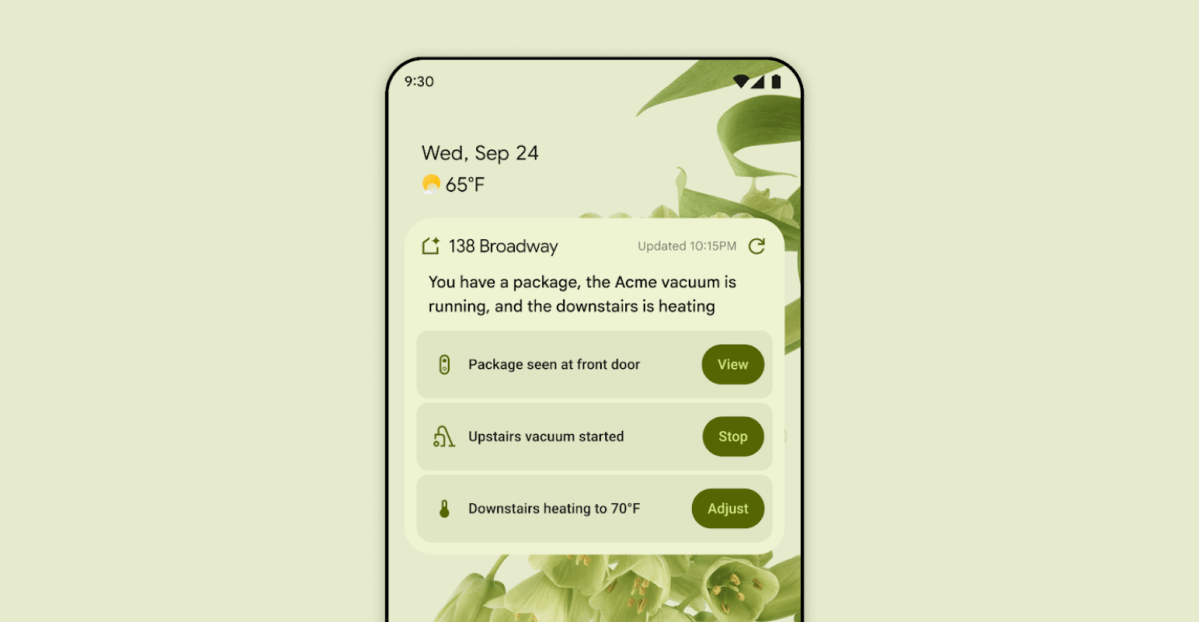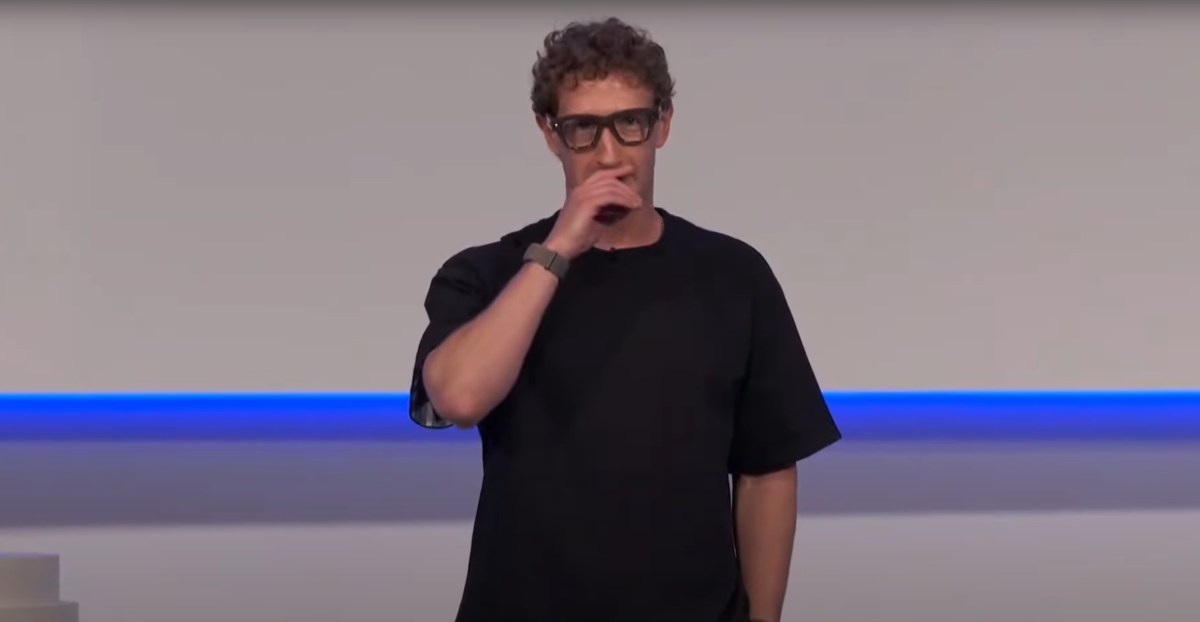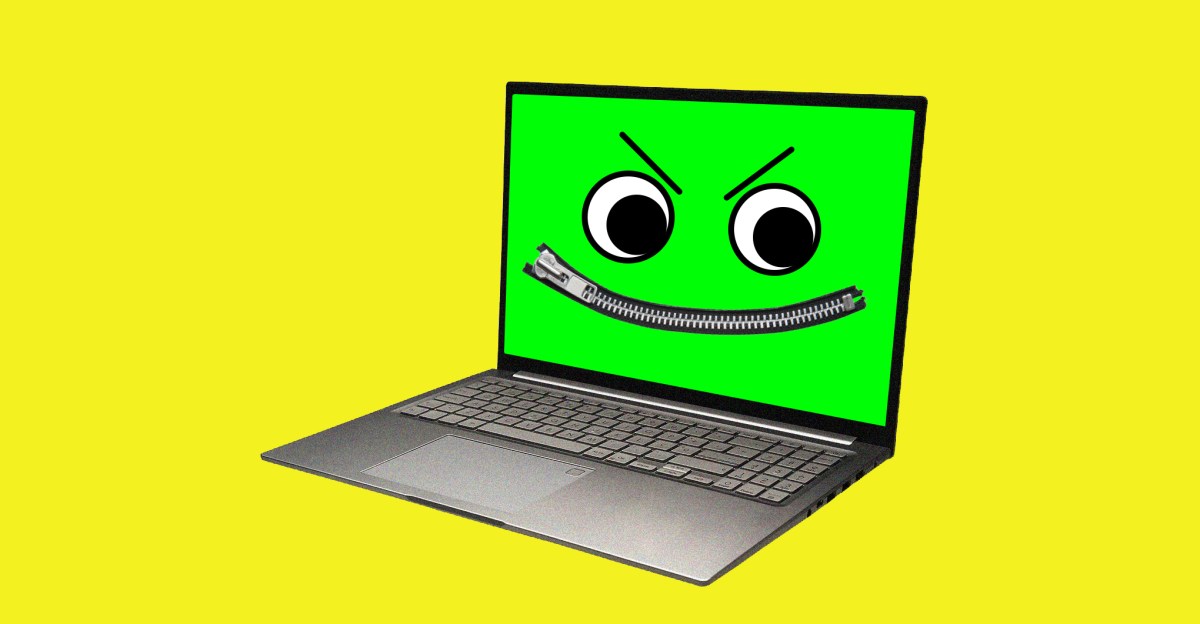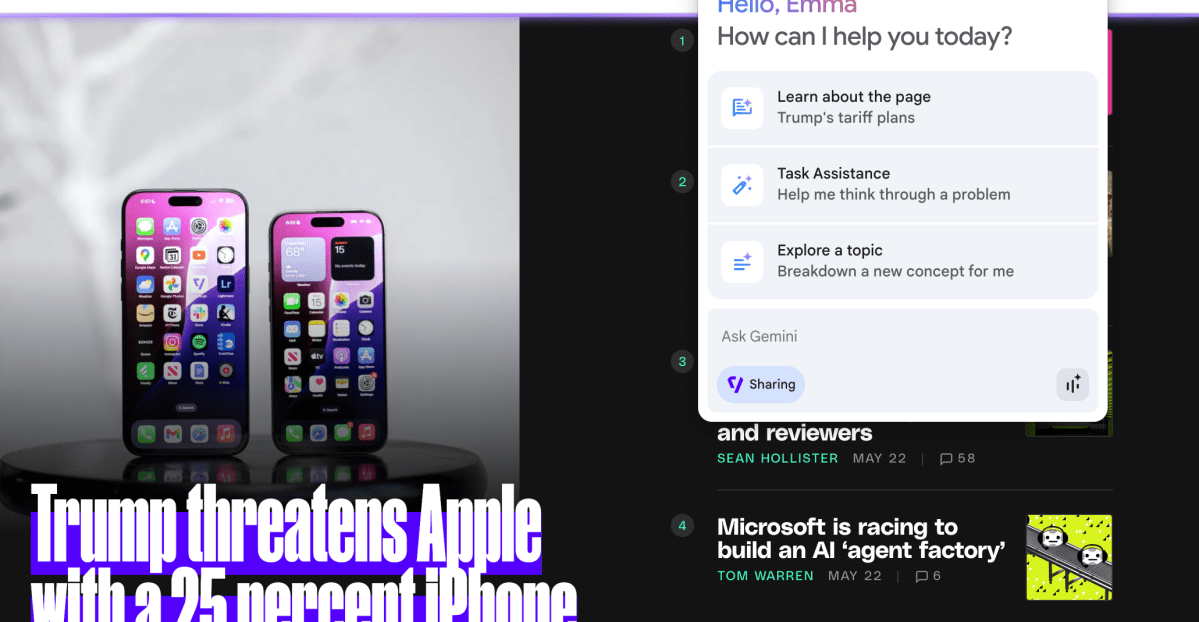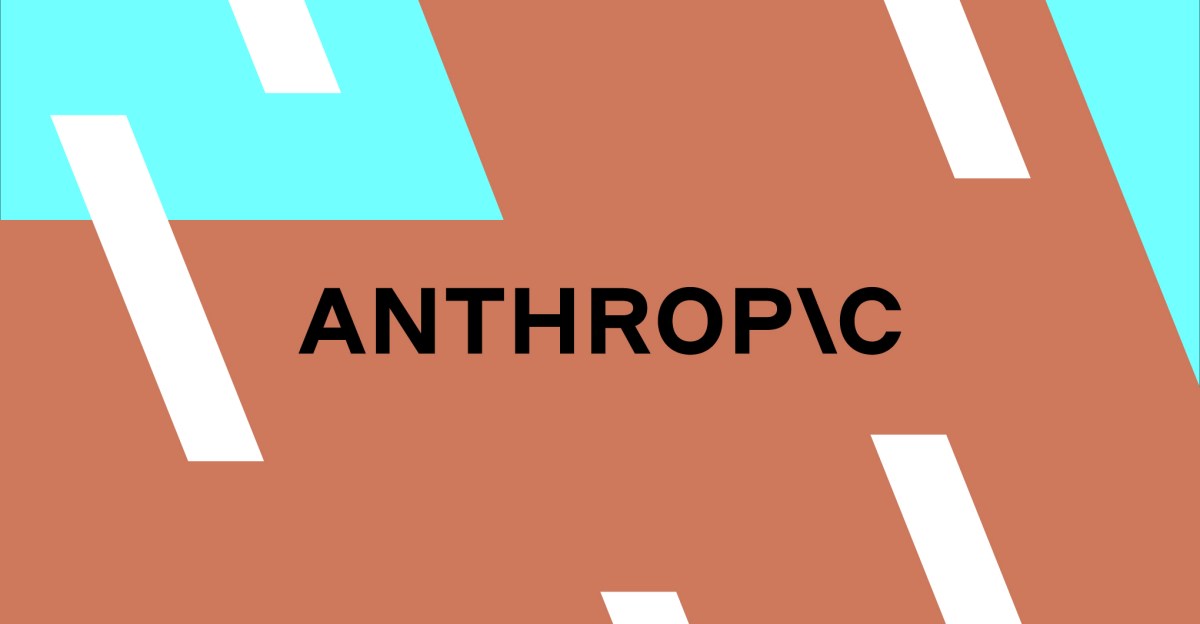
Anthropic settles AI book piracy lawsuit with US authors
Sources: https://www.theverge.com/news/766311/anthropic-class-action-ai-piracy-authors-settlement, The Verge AI
TL;DR
- Anthropic reached a proposed class settlement with US authors over copyright claims tied to training Claude AI on pirated works. The Verge
- The settlement would allow the company to skip a December trial that could have determined damages; terms are not fully disclosed yet.
- The suit stems from allegations that Anthropic trained its models on an open‑source dataset filled with pirated material, raised by authors Andrea Bartz, Charles Graeber, and Kirk Wallace Johnson.
- The settlement is expected to be finalized on September 3; a lawyer representing the authors called it historic, while Anthropic declined to comment. The Verge
Context and background
Anthropic has faced a class-action copyright dispute filed by a group of US writers who accused the startup of training its Claude AI models on pirated works found in an open-source dataset. The lawsuit has been in play as the parties negotiated the terms of a potential resolution that would avoid a full trial. In June, Judge William Alsup ruled that training AI models on legally purchased books counts as fair use, a decision that provided a major procedural win for Anthropic but left open room for further litigation on other aspects of the case. The judge’s decision did not settle all questions about whether certain data used for training could be considered fair use in every circumstance. The Verge In July, Judge Alsup approved a class-action claim that accused Anthropic of violating copyright laws “by doing Napster-style downloading of millions of works.” This development set the stage for a trial originally scheduled for December, at which Anthropic could have faced substantial penalties, with Wired noting figures that could reach billions or more than $1 trillion depending on the outcome. The Verge The terms of the proposed settlement were not disclosed at the time of the filing, and the final agreement is expected to be finalized on September 3. Justin Nelson, an attorney for the authors, described the settlement as benefiting all class members, while Anthropic chose not to comment publicly. The Verge
What’s new
The primary new development is the negotiation of a “proposed class settlement” that would allow Anthropic to skip the trial that would have determined damages for alleged copyright infringement. The parties filed a legal agreement indicating intention to settle as a class, but the precise terms, coverage, and any payments remain confidential or unresolved as of the filing. This approach aims to provide a resolution for a large group of authors collectively rather than litigating each individual claim. The settlement is described as potentially benefiting all class members by avoiding the need for a protracted trial and related proceedings. The targeted date for finalization is September 3, with further details anticipated in the weeks ahead. The Verge
Why it matters (impact for developers/enterprises)
- The case underscores ongoing questions about how AI training data is sourced and used, particularly when allegations involve pirated or copyrighted works placed in datasets available for model training.
- A ruling that fair use can apply to training on certain legally acquired materials may influence how developers approach data gathering for model training, though the Augur of a broader class action indicates significant risk of litigation in parallel tracks.
- The existence of a class settlement, rather than a trial verdict, highlights the potential for settlements to resolve complex copyright disputes in the AI space without a verdict on damages, potentially affecting how future disputes are settled or litigated. The Verge
Technical details or Implementation
- The core allegations revolve around whether Anthropic trained Claude AI models on an open‑source dataset that allegedly contained pirated material. The phrase “Napster-style downloading of millions of works” was used by a judge in approving the class action, illustrating the nature of the claim as it was argued in court.
- The June ruling by Judge William Alsup stated that training AI models on legally purchased books can count as fair use, though this did not settle all copyright questions or the scope of data involved. The subsequent July ruling added a broader class-action dimension to the allegations, reinforcing the potential for widespread claims in this space. The Verge
- While the settlement’s terms remain undisclosed, the parties indicated a formal finalization date and public statements about the potential benefit to class members, signaling a path toward resolution without an extensive damages trial. The Verge
Key takeaways
- A proposed class settlement with US authors aims to resolve a high-profile copyright dispute related to AI training data. The Verge
- The agreement would allow Anthropic to avoid a December trial focused on damages, at least pending final terms. The Verge
- The case involved claims of training on pirated works and was influenced by a June fair-use ruling and a July class-action ruling. The Verge
- Finalization is expected on September 3; Anthropic did not comment on the settlement terms. The Verge
FAQ
-
What happened here?
nthropic reached a proposed class settlement with US authors over allegations it trained Claude AI on pirated works, allowing the case to skip a trial. [The Verge](https://www.theverge.com/news/766311/anthropic-class-action-ai-piracy-authors-settlement)
-
Why was the trial avoided?
The parties filed a proposed class settlement that would resolve the claims without a jury trial on damages. [The Verge](https://www.theverge.com/news/766311/anthropic-class-action-ai-piracy-authors-settlement)
-
What did the judge rule previously that’s relevant?
In June, Judge Alsup ruled that training AI models on legally purchased books can count as fair use, though the ruling left room for further litigation. In July, he approved a class-action approach alleging Napster-like downloading of millions of works. [The Verge](https://www.theverge.com/news/766311/anthropic-class-action-ai-piracy-authors-settlement)
-
When is the settlement finalized?
The settlement is expected to be finalized on September 3. [The Verge](https://www.theverge.com/news/766311/anthropic-class-action-ai-piracy-authors-settlement)
-
How big could penalties have been if the case went to trial?
Reports cited potential penalties in the billions of dollars or more than $1 trillion, per coverage from Wired. [The Verge](https://www.theverge.com/news/766311/anthropic-class-action-ai-piracy-authors-settlement)
References
More news
First look at the Google Home app powered by Gemini
The Verge reports Google is updating the Google Home app to bring Gemini features, including an Ask Home search bar, a redesigned UI, and Gemini-driven controls for the home.
Meta’s failed Live AI smart glasses demos had nothing to do with Wi‑Fi, CTO explains
Meta’s live demos of Ray-Ban smart glasses with Live AI faced embarrassing failures. CTO Andrew Bosworth explains the causes, including self-inflicted traffic and a rare video-call bug, and notes the bug is fixed.
OpenAI reportedly developing smart speaker, glasses, voice recorder, and pin with Jony Ive
OpenAI is reportedly exploring a family of AI devices with Apple's former design chief Jony Ive, including a screen-free smart speaker, smart glasses, a voice recorder, and a wearable pin, with release targeted for late 2026 or early 2027. The Information cites sources with direct knowledge.
Shadow Leak shows how ChatGPT agents can exfiltrate Gmail data via prompt injection
Security researchers demonstrated a prompt-injection attack called Shadow Leak that leveraged ChatGPT’s Deep Research to covertly extract data from a Gmail inbox. OpenAI patched the flaw; the case highlights risks of agentic AI.
How chatbots and their makers are enabling AI psychosis
Explores AI psychosis, teen safety, and legal concerns as chatbots proliferate, based on Kashmir Hill's reporting for The Verge.
Google expands Gemini in Chrome with cross-platform rollout and no membership fee
Gemini AI in Chrome gains access to tabs, history, and Google properties, rolling out to Mac and Windows in the US without a fee, and enabling task automation and Workspace integrations.
